Hawaiʻi’s Valleys Get Permanent Protection from Damaging Military Training
After decades of advocacy, the Secretary of Defense announced that live-fire training will never happen at the Mākua Military Reservation again.
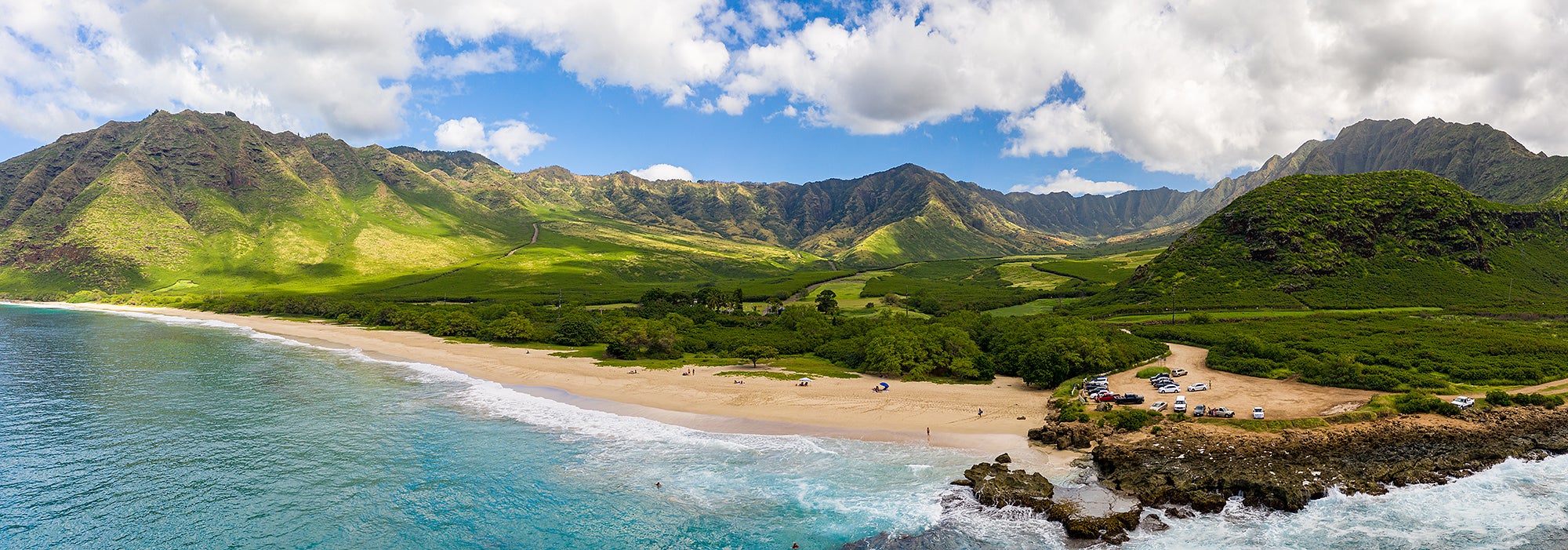
This page was published 2 years ago. Find the latest on Earthjustice’s work.
The Secretary of Defense and Secretary of the U.S. Army have declared that the Army will never bring back its destructive live-fire training at the Mākua Military Reservation. The decision follows 25 years of advocacy and litigation led by the Hawaiian Native group Mālama Mākua, with legal representation from Earthjustice.
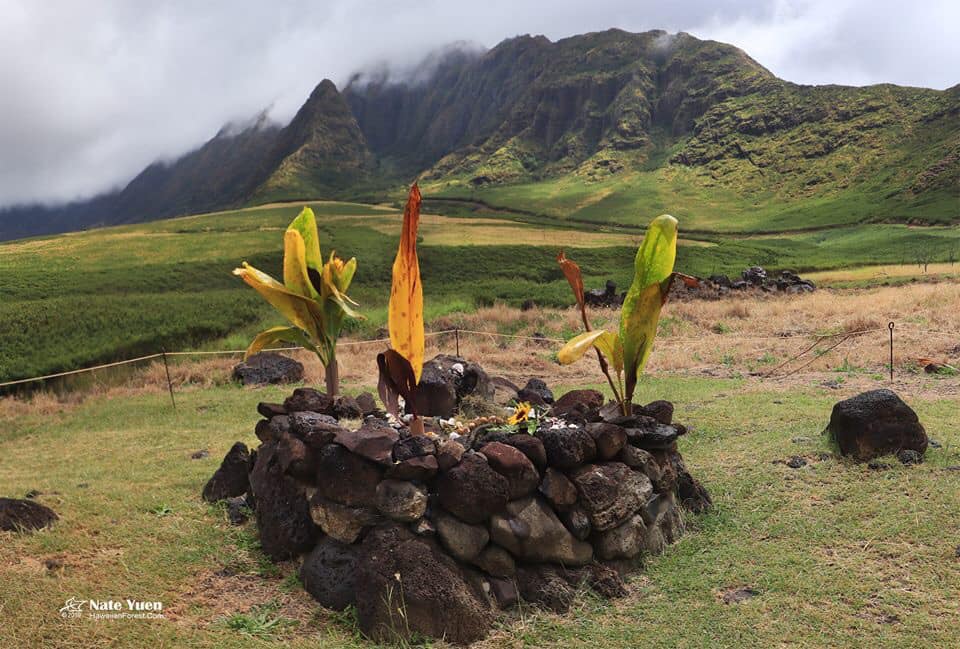
Dozens of sacred and cultural sites are in the Mākua, Kahanahāiki, and Ko‘iahi valleys. (Nate Yuen, courtesy of Mālama Mākua)
Mākua Military Reservation includes three valleys — Mākua, Kahanahāiki, and Ko‘iahi — which are home to over 40 endangered and threatened species and dozens of sacred and cultural sites, including heiau (Hawaiian temples), burials, and petroglyphs.
But decades of live-fire training sparked wildfires that have destroyed native forest habitat, killing imperiled plants and animals. Bullets have pockmarked sacred sites, and countless other sites have been destroyed by aerial bombardment, ship-to-shore shelling, artillery rounds, mortars, and rockets.
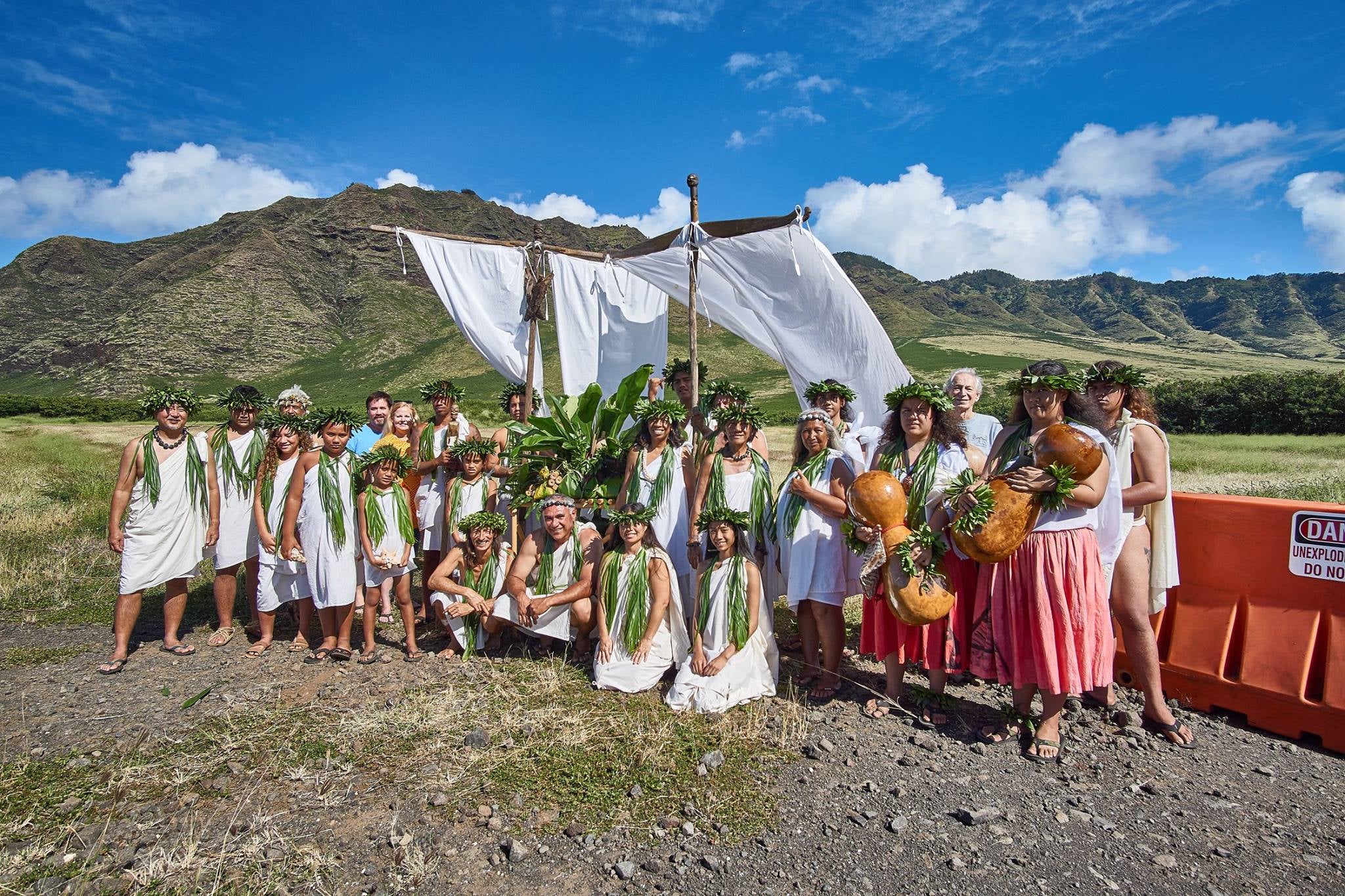
Members of Mālama Mākua photographed after the ceremony of the opening of the Makahiki in Mākua in 2016. (Courtesy of Mālama Mākua)
In 1998, Mālama Mākua, represented by Earthjustice, took the Army to court to compel compliance with the National Environmental Policy Act (NEPA). The law requires the Army to consider alternatives to training at Mākua with fewer impacts on the environment, sacred sites, and the neighboring Wai‘anae Coast community.
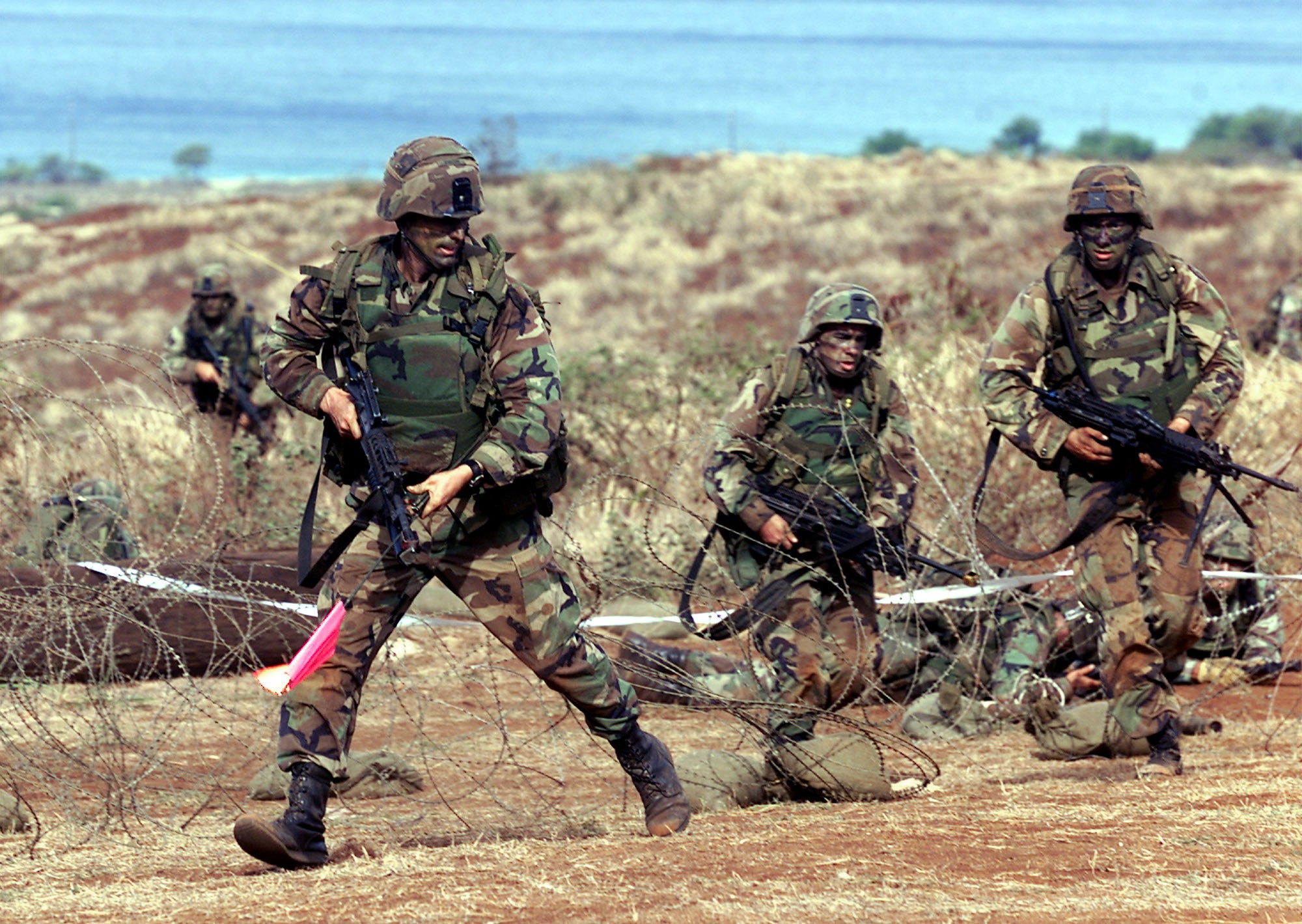
Soldiers from the Schofield Barracks participate in military exercises at the Mākua Military Reservation in 2001. (Ronen Zilberman / AP)
The litigation was successful, and the military has not fired a single shot at Mākua Military Reservation since 2004. Even though the Hawai‘i-based military units have successfully carried out their national security mission without destructive live-fire training at Mākua, the Army stubbornly maintained that it could not conduct training anywhere else.
It wasn’t until 2008 in a court-ordered environmental impact statement that the Army finally conceded it could reasonably do the training somewhere other than Mākua. But still, the Army remained committed to eventually resuming live-fire training in the future.
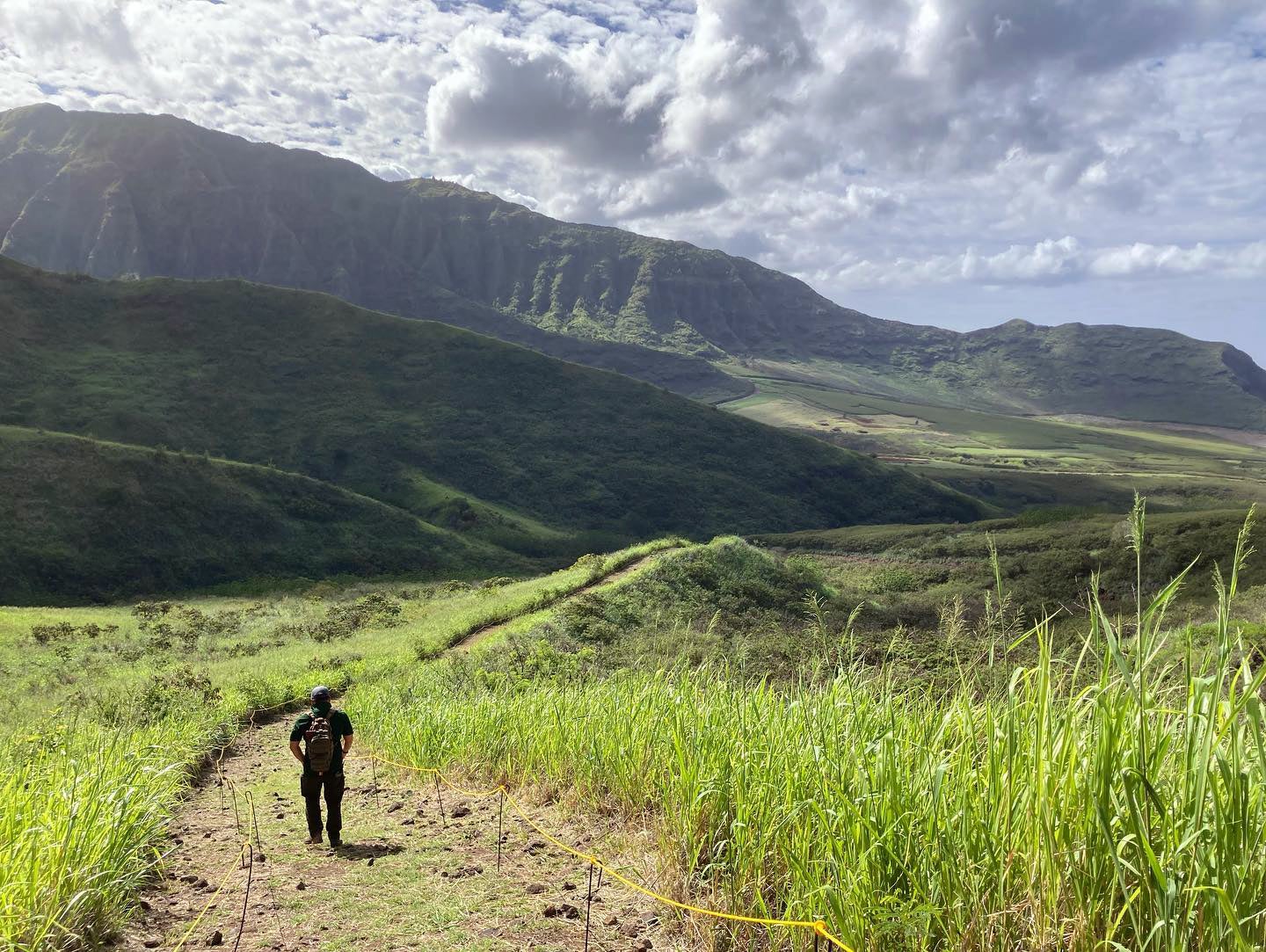
Looking out at the center ridge between Kahanahāiki and Mākua valleys, with Ko‘iahi in the distance. (Courtesy of Mālama Mākua)
The announcement means that the Secretary of Defense has removed the threat that Mākua will ever again be subjected to destructive live-fire training.
“We welcome the good news that the Army has decided to end live-fire training at Mākua permanently,” said Mālama Mākua board member Lynette Cruz. “The valley has suffered enough.”
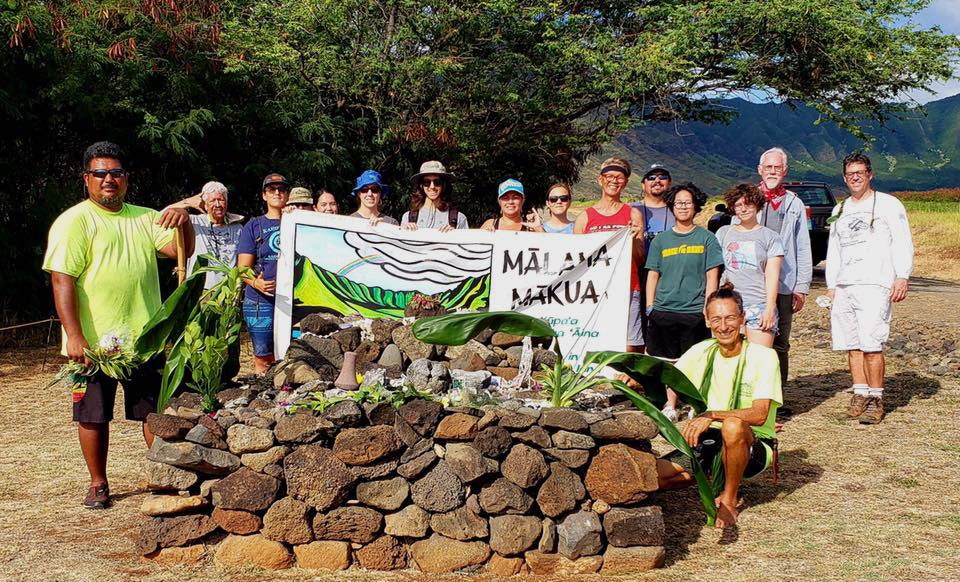
Members of Mālama Mākua pose next to an ahu in Mākua Valley in 2019. At far right is Earthjustice attorney David Henkin. (Courtesy Mālama Mākua)
“We applaud Secretary of Defense Austin and Secretary of the Army Wormuth for making the wise decision to spare Mākua’s irreplaceable cultural and biological treasures from further use of artillery, mortars, and other live-fire training,” said Earthjustice attorney David Henkin, who has been lead counsel for Mālama Mākua in the NEPA litigation since 1998.
Next fall, Mālama Mākua is planning a public celebration of 20 years of peace at Mākua.
Established in 1988, Earthjustice's Mid-Pacific Office, located in Honolulu, Hawaiʻi, works on a broad range of environmental and community health issues, including to ensure water is a public trust and to achieve a cleaner energy future.